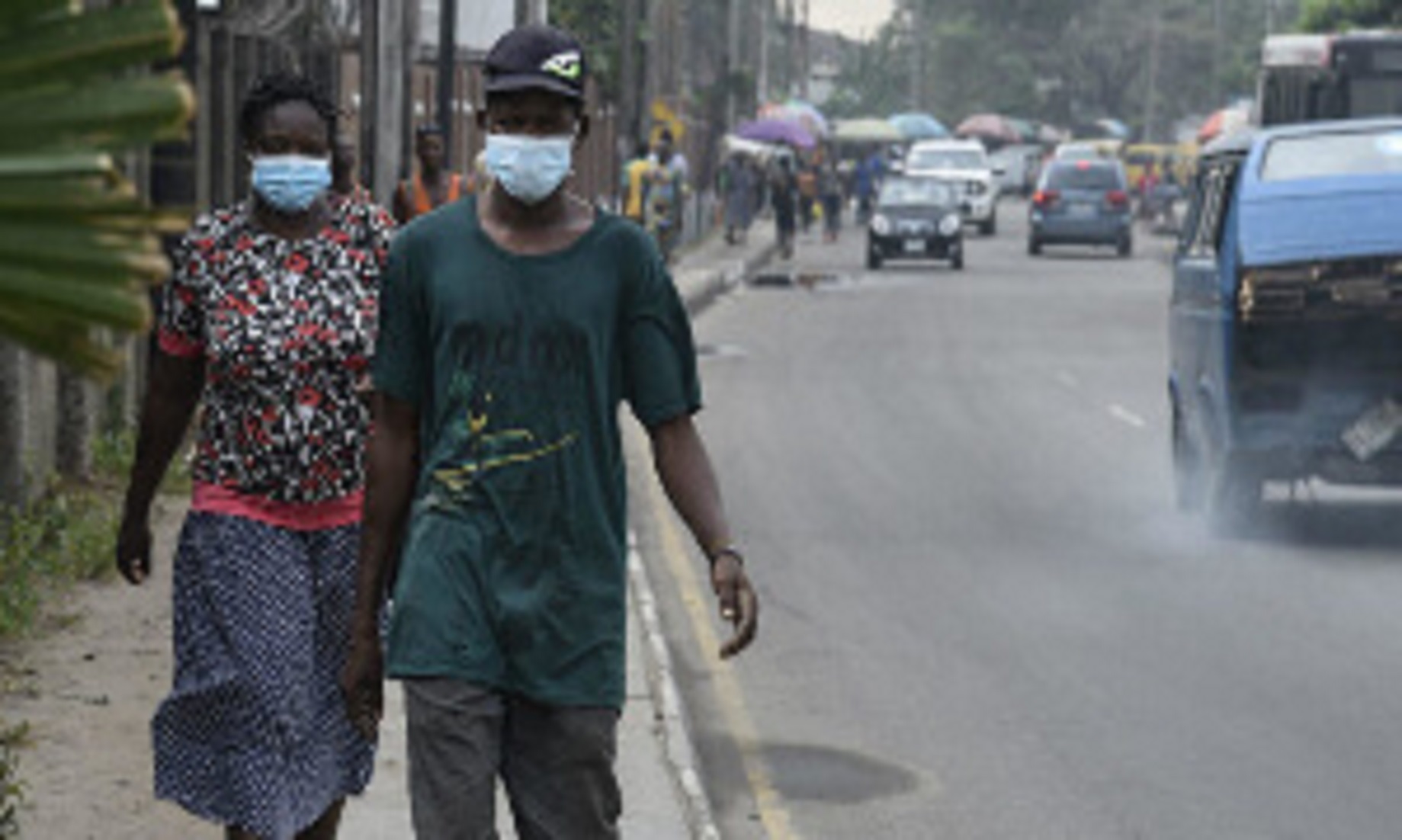BEIJING, March 20 (NNN-XINHUA) — Countries in Africa have stepped up their efforts against the COVID-19 pandemic to ensure public health security, Xinhua news agency reported.
A foreign national tested positive on Feb. 14 in Egypt, the first case of infection reported on the African continent. Since then, over 30 countries have been affected with more than 700 infections, including South Africa and Algeria.
African governments have each put in place strict measures, such as travel restrictions, closure of public schools, and community quarantine and curfews, to contain the spread of the deadly disease.
Among its latest prevention measures, Egypt suspended all flights from abroad since Thursday noon until March 31.
In Cameroon, schools have been closed since Wednesday, and gatherings of more than 50 people have been prohibited. Urban and interurban travel will only be allowed in cases of extreme necessity.
“These are admittedly difficult measures, but necessary to guarantee the protection of each and every one,” said Cameroonian Prime Minister Joseph Dion Ngute. He also called on his compatriots “not to panic, but to demonstrate discipline, solidarity and (a) sense of responsibility.”
Tunisia has gone further by imposing a curfew from 6 p.m. to 6 a.m. throughout the country since Wednesday. According to a senior official for the World Health Organization (WHO), Africa still has “a window of opportunity to come to grips with the epidemic” by strictly following hygiene and awareness-raising measures.
Ibrahima Soce Fall, WHO deputy director general in charge of emergency response, said that Africa has the capacity to control an emerging epidemic. Yet he warned that in the event of sustained community transmission, the continent’s systems of health would have no capacity to survive.
Mary Stephen, an official in charge of health emergency preparedness at the WHO Regional Office for Africa, told Xinhua that the primary goal for African countries is not to miss the first case upon detection, otherwise an epidemic could occur.
The spread of communicable diseases is not new in the world, particularly in Africa, where several viruses such as Ebola can kill thousands of people with each outbreak.
But in the opinion of health experts, rich experience in the fight against contagious diseases is an important asset for Africa, despite their relatively weak health capacities.
The fight against COVID-19 could benefit from the experience acquired during the Ebola epidemic, said Jean-Jacques Muyembe, a coordinator in charge of the fight against the virus in the Democratic Republic of Congo (DRC).
During the Ebola epidemic in Nigeria between July and September 2014, the country traced and monitored 899 contacts and secondary cases, of which only seven were confirmed to be infected with the virus.
Countries including the DRC have been using the same model of contact tracing this time to deal with COVID-19.
Strong support from global partners is also helping the continent strengthen its ability to respond to the virus.
With the help of the WHO, more than 40 countries on the continent now have the capacity to detect and monitor cases of COVID-19, said Steven Shongwe, acting director of the non-contagious diseases department at the Regional Office of the WHO for Africa.
A spokesman from China’s Foreign Ministry said that China is ready to provide support to Africa to strengthen epidemic prevention and control. The China Center for Disease Control and Prevention has worked closely with its African counterpart, said Tajudeen Raji, head of Public Health Institutes and Research of Africa CDC.
“In terms of response to this epidemic, China has enormous experience,” he noted, adding that Africans are counting on the Asian country to contain the spread of the epidemic.






